I’ve been busy doing some things that keep me out of trouble. They interest me, maybe they’ll interest you too.
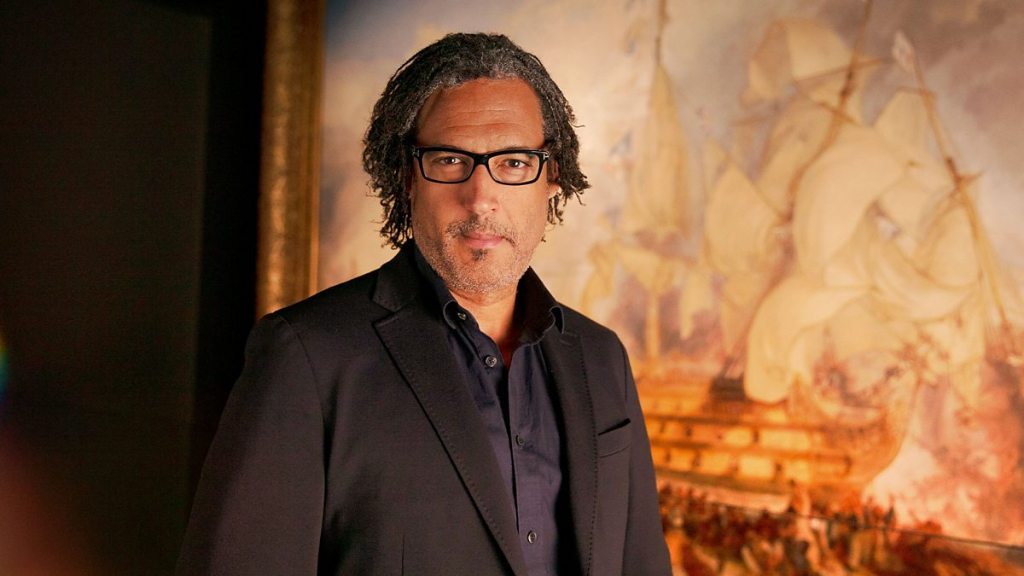
Firstly, I was one of the academic consultants for Union with David Olusoga, a 4-part BBC 2 series on the history of the United Kingdom. I think the programme does a good job of exploring the complexities of British identity, nationalities, empire and class in a way that’s refreshingly critical and nuanced. My job was to review scripts, make suggestions and produce an Open University asset about the stories behind the Union, along with my great colleagues Gerry Mooney and Helen O’Shea. It was beautifully illustrated by Astrid Jaekel (as above) with voiceovers for the stories. I wrote the stories for Daniel Defoe, the Tonypandy Riots and Lord Kitchener, as well as a short essay about the stories, so you can take up the historical inaccuracies with me. Watch and listen here.
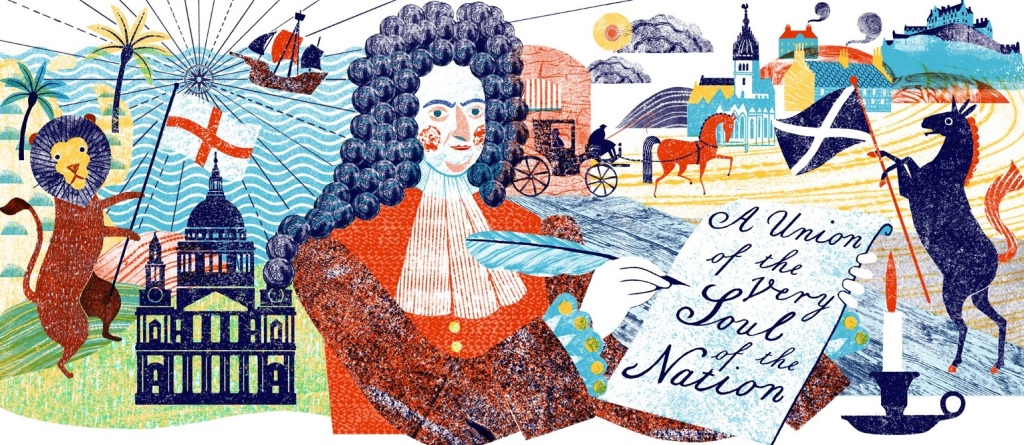
This Wednesday evening I’ll be speaking on a panel with David Olusoga, programme producer Francis Welch, and my two colleagues Helen and Gerry, up near Parliament. There is no public link I can find to it, and so no way to promote registration or attendance, but I am assured it is happening.
And below is a presentation I’m giving for UK Devolution Week about the show – featuring all the Union artwork and some tough questions about the future of the Union which I’ve been asked to tone down 😉 – and dutifully shall after this – click to download
Bristol Festival of Ideas – I spoke on a panel on the philosophy and politics of longtermism alongside Kerry McInerney. It was a great discussion and if longtermism interests you, tune in. We got into a deeper, useful discussion about questions of power beneath technology. Kerry is doing brilliant work.
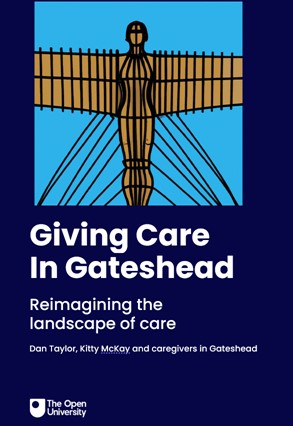
It really deserves a separate blogpost, but the work on unpaid care grows. Here is a link to a rather simple webpage which features the report Giving Care in Gateshead: Reimagining the landscape of care. This report was launched in June. It’s got an Executive Summary for busy folk. There’s also a link to the film we made, and the community launch event in June, where caregivers gave moving talks and readings, followed by food and an open forum on what next.
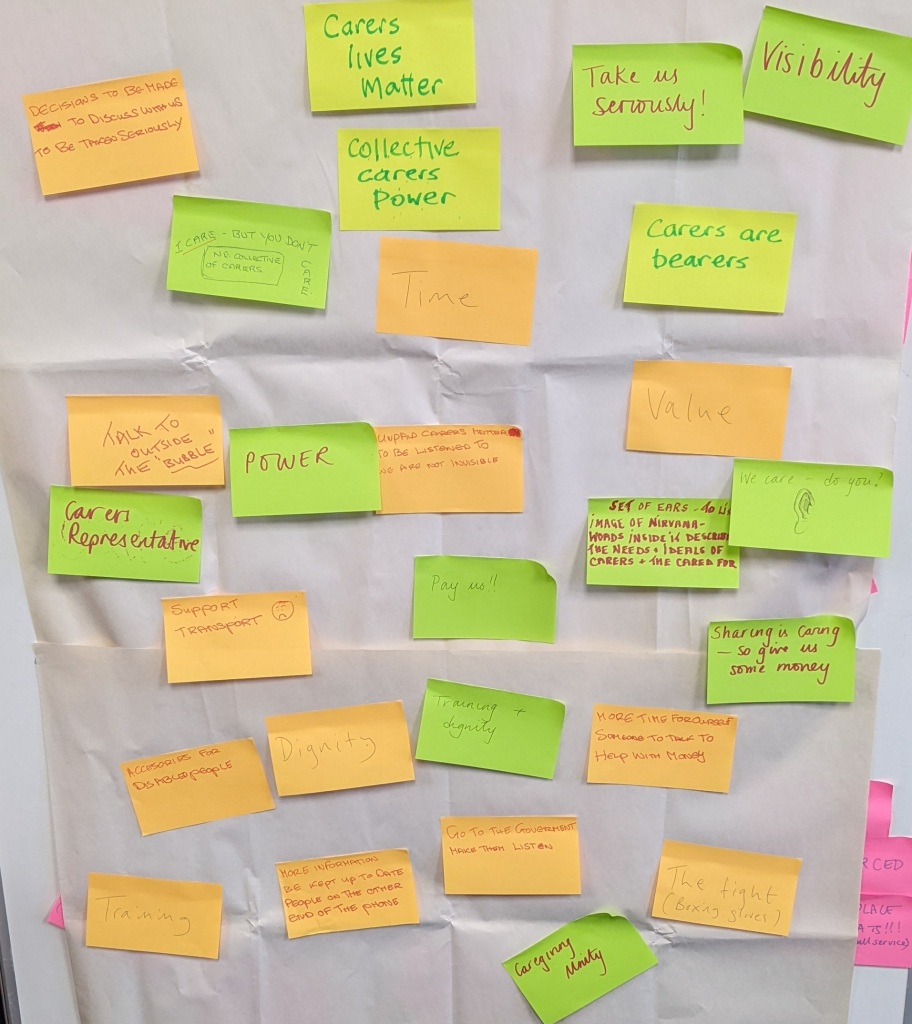
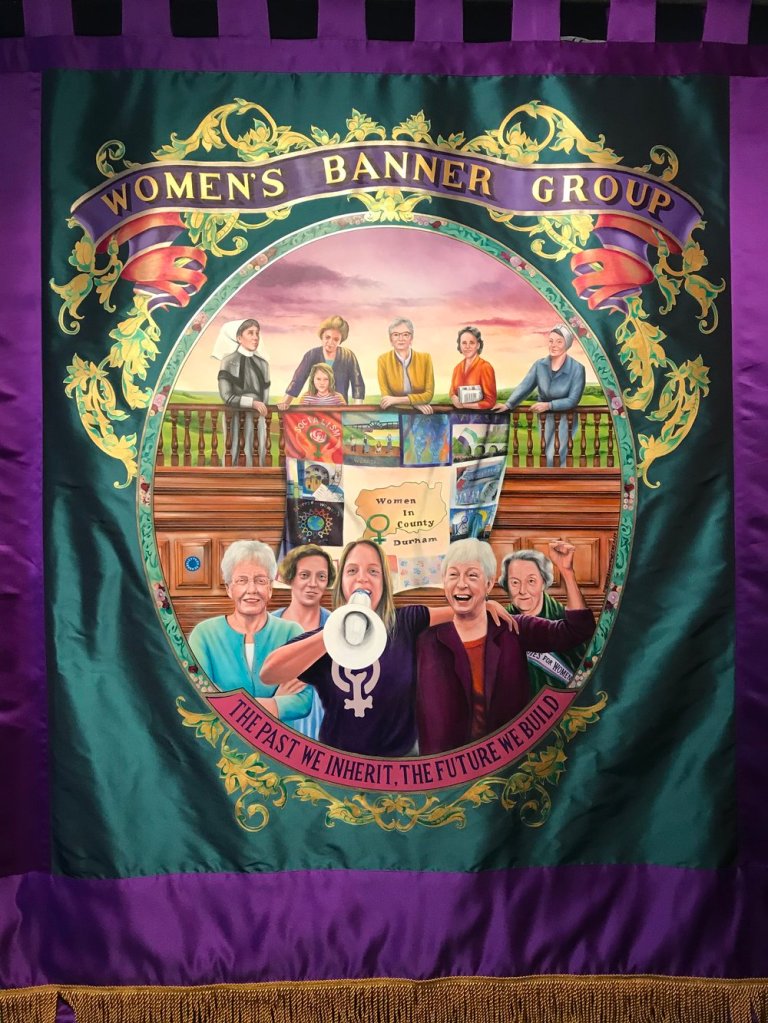
One thing that came next was the idea of producing a trade-union style caregivers banner. This Thursday I’m holding a small workshop with caregivers called Banners of Care for the national Being Human festival, which they’ve been kind enough to fund, led by Durham Bannermakers. Once more it’s in Gateshead. Numbers are capped and I can’t imagine anyone reading this coming, well, anyone reading this 🙂 , but the plan is to design and then produce a beautiful silk banner. And, of course, parade it with a brass band. Not because parades change politics, but policy reports and paternalist attitudes don’t seem to be changing the politics of care much after. This is about telling another kind of story, one driven by caregivers. We’ve got a little bit of funding already but I’ve put in grant applications for exciting permutations.
One of the reasons why my teeth are always slowly disintegrating is the cult of being busy. The best thing about getting the New Generation Thinker title is the doors it has opened. I got funding to pursue two new projects that relate to the book, one based in East London, the other in the Fens. Over the last four months I’ve interviewed a lot of people in Barking and Dagenham about growth and community in a borough branded London’s “growth opportunity”, marked by high rates of deprivation, inequality and political disengagement. That project is called Growth for All along the A13? and it has its own little webpage. It’s not finished, we’re not even halfway. As I always expected, the most perceptive, radical and insightful ideas come from communities, from the interviews. I am very privileged to have the time, access and skills to do this work. But privilege also means power, and there are questions of power and standpoint that need to be unpacked too.
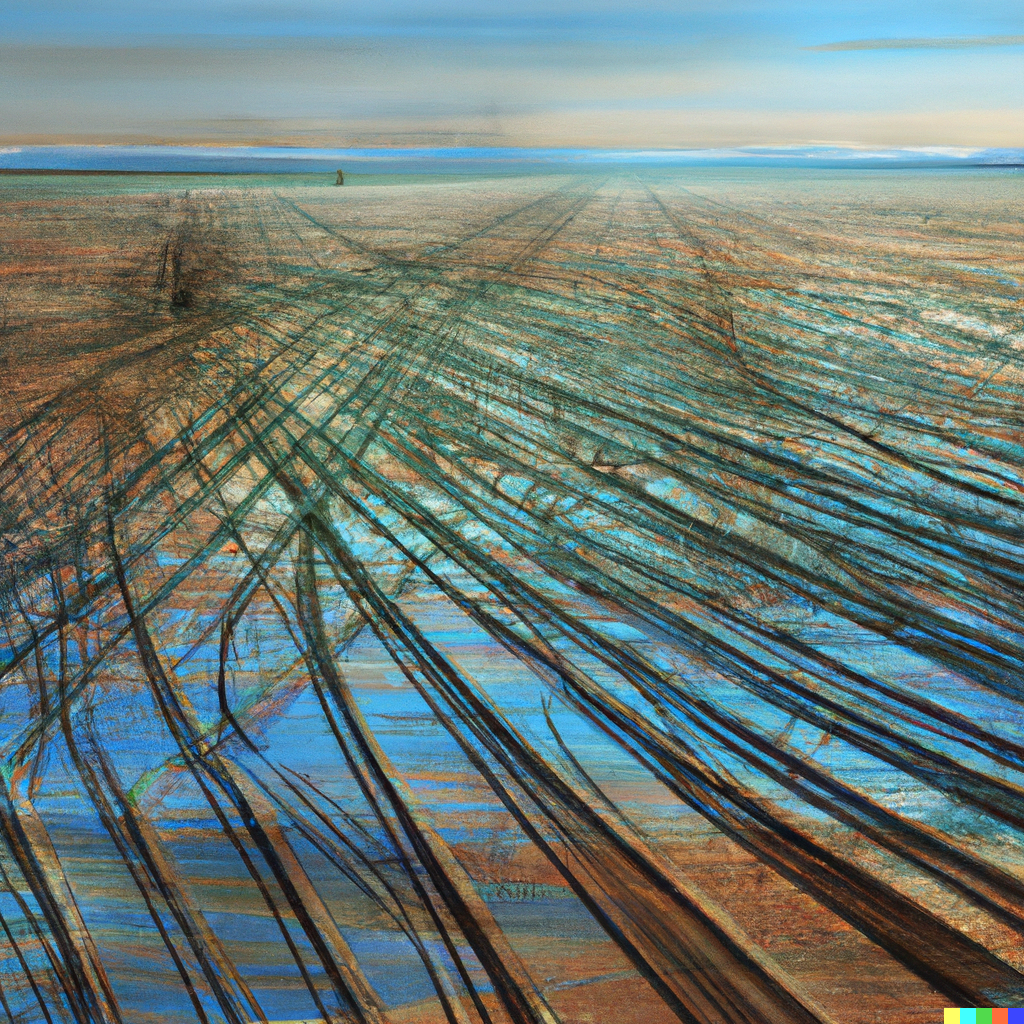
And since late September I’ve started a new project looking at borders, community and infrastructure in the Fens. Which involves going on rainy rides and Colin McRae drives to meet people around Peterborough, Wisbech and Boston. It involves diving deep into local politics and social history. And it involves digging up difficult questions about work, migration and belonging. And, as we’re digging in the UK’s agricultural centre, it also brings up land, food and climate change. Yes, it also has its own little webpage, thank you very much. But it’s at early days and the bulk of the work will be early next year. If you’re still curious, below is a download link for a meandering presentation I gave a couple of weeks ago, with lots of great Fens images.
It might be years before this work is ready. For now it, like the Gateshead work, appears in glimmers. The worst thing anyone can ask me is “how is the book going”. There are multiple books within this book. And I’m well aware of it. For now, I’m really grateful for anyone who has given the time for interviews, meetings, or to offer practical support.
Leave a comment